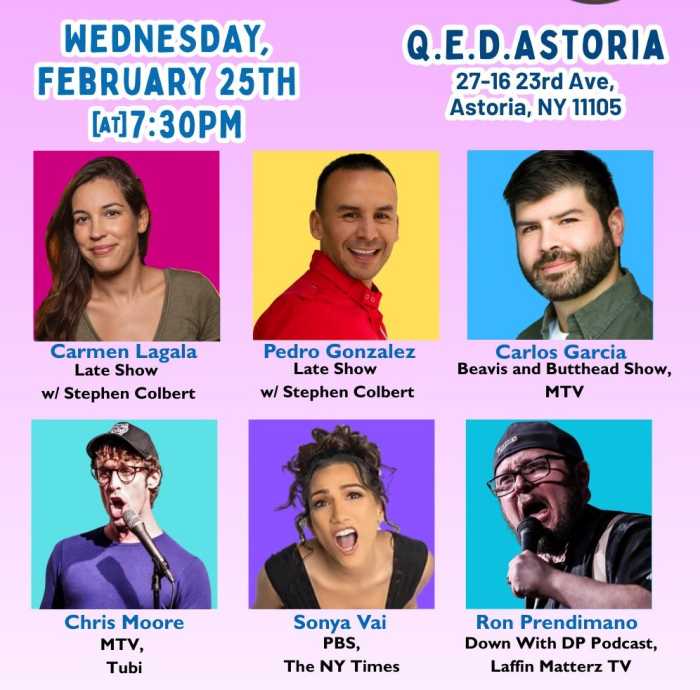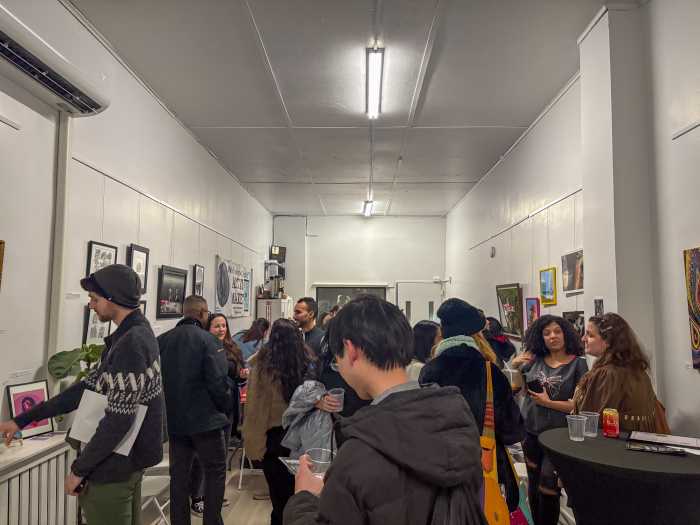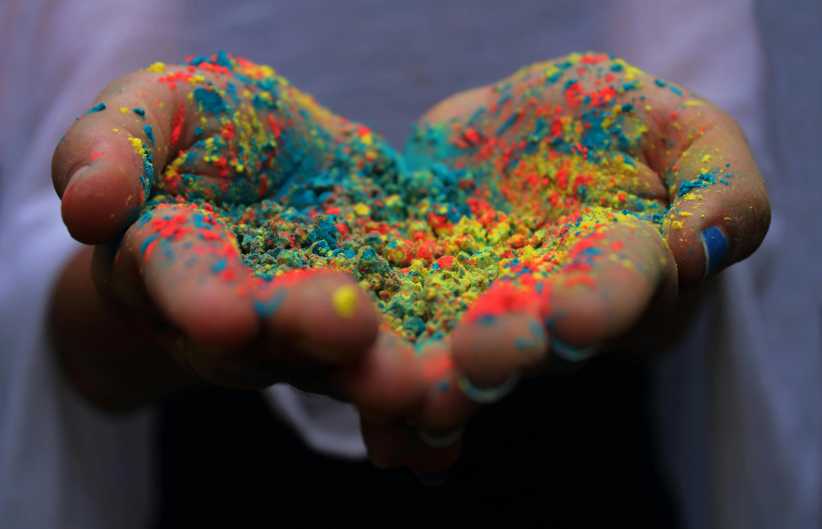To Flushing resident Jaeki Cho, rap lyrics were his textbooks.
Born in Korea, Cho immigrated to Elmhurst as a child. He didn’t speak English well, but listening to hip-hop music on media outlets, such as Hot 97 and BET’s 106 & Park, helped with the language adjustment, while inspiring his love of rap.
His attraction to hip-hop ballooned as he grew older.Eventually, he started writing about rap and urban music, most recently as an editor for XXL magazine.
Like Cho, people of various ethnicities besides African-Americans are engrossed in hip-hop, even as performers. Although the genre is heavily dominated by blacks, rappers of other cultures have broken mainstream American and international hip-hop charts, but Asians have yet to have a champion in the U.S. Cho is co-producing a documentary entitled “Bad Rap,” aiming to explain why Asian rappers have not gained that attention.
“For the international spectrum, hip hop has become more global than other [genres],” Cho said. “If you go to Korea, you are going to see Korean rappers; if you go to France, you’ll see French rappers. In terms of how it is in America, there are limitations for rappers that aren’t African-American.”
The film will be directed and produced by hip-hop writer Salima Koroma, who originally reached out to Cho as a student at Columbia Graduate School of Journalism. The pair talked about the field of Asian musicians, which progressed to the idea of the film.
In a year and a half, the pair has completed a 40-minute feature and teasers. They have raised more than $14,100, as of press time, on crowdfunding site indiegogo.com, and are seeking to raise $25,000 to complete a full 70-minute documentary, which they hope to premiere later this year in New York.
The film features four Asian rappers, including Queens’ own Awkwafina and Rekstizzy, on the brink of exploding in mainstream hip-hop, but for various reasons haven’t become household names. Cho said the movie will explain the complexity of being an Asian rapper through the characters, as well as their individual struggles. He believes it could get the conversation started on a large scale.
“I think this film could shed light on a lot of things,” Cho said. “If it does well commercially, I’m sure the artists in the film will get recognition from more people.”
He added, “The kids that are going to be watching this of Asian descent … they are probably going to feel, ‘This is the same kind of issue that I face.’”
RECOMMENDED STORIES



































